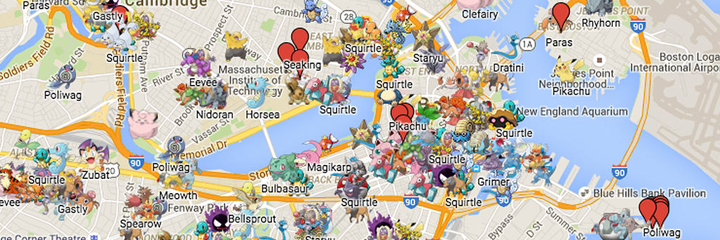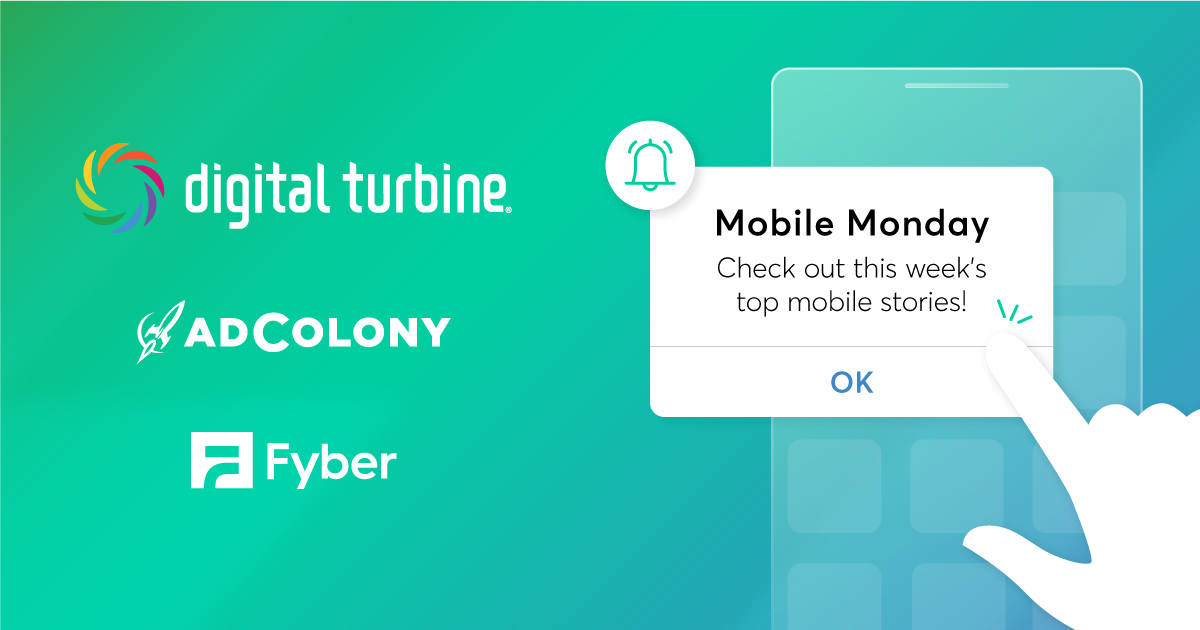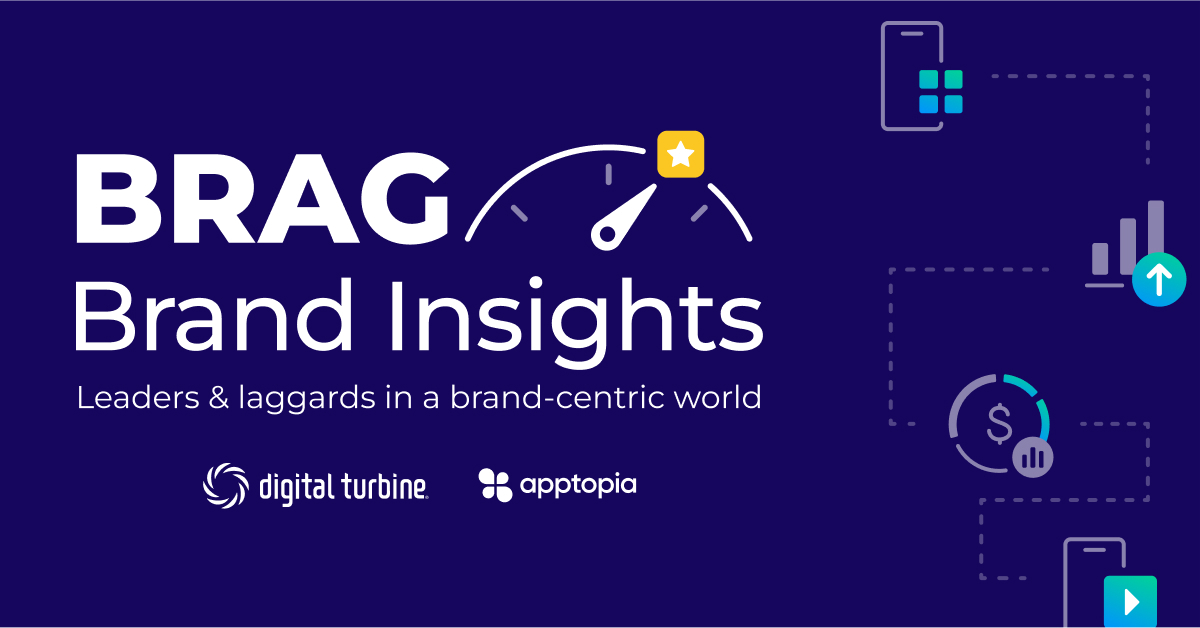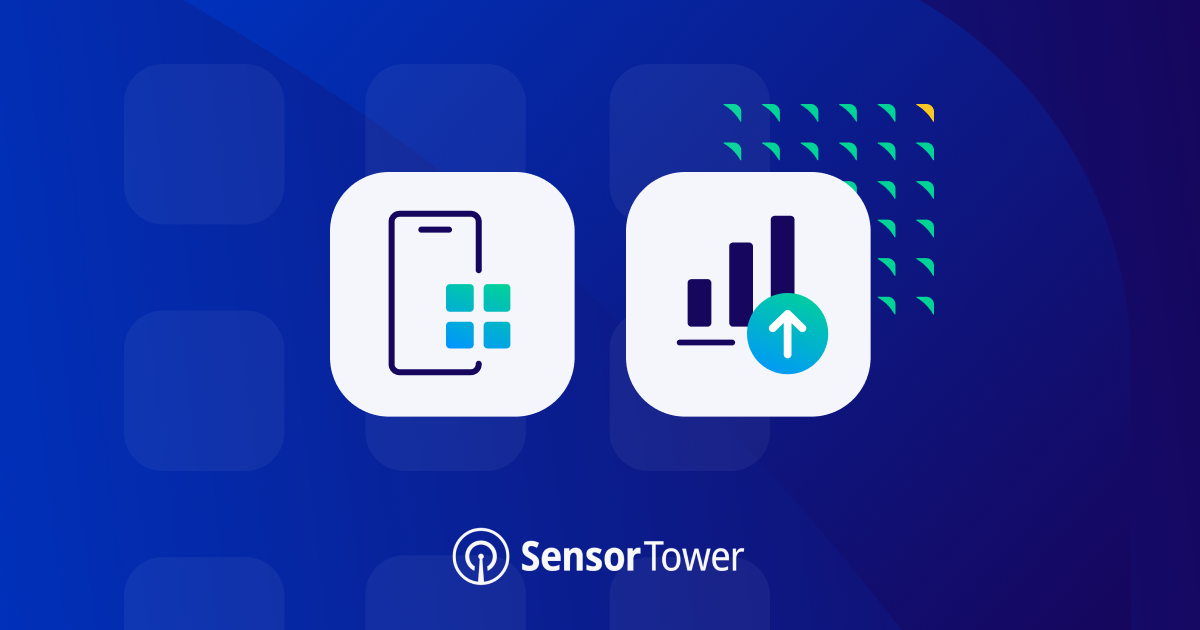Pokémon Go has been out for about a month now. Shortly after launch, we talked about the incredible planning and execution behind the initial launch of Pokémon Go. Despite some server hiccups, the game was performing strongly, was well received, and making developer Niantic and The Pokémon Company a lot of money.
Then the Internet happened. Pokémon Go has become an example for how incredibly important engaging with and listening to your users can be for a successful app.
The Difficulties of Hunting Pokémon
One of Pokémon Go’s most popular features was the ability to track specific pokémon.
An update on July 12th stabilized the game itself for most users, but introduced a bug that made the tracking feature unusable. Instead of acknowledging the bug itself, the evidence it even existed was removed in the July 30th update. After that update arrived on user devices, the app’s rating plummeted from 4.5 stars on the App Store, to just half a star.
To make up for the tracking bug, some talented fans built tools to get around it. These data scraping sites are currently all now offline due to requests by Niantic. More on that a little later.
Silence is Not Golden
For most of July, Niantic did not have a community manager dedicated to Pokémon Go. This meant that communication from Niantic about the updates and changes was almost non-existent.
This silence frustrated their most passionate and most vocal users, older millennials for whom the Generation 1 Pokémon nostalgia hit hard. These users are used to excellent engagement with mobile and Triple-A traditional gaming companies alike. Community engagement like SEGA and Sonic, SMITE, and incredibly involved community managers like Supercell’s Marika Appel, Adam Fletcher for The Coalition (Gears of War), and many others form the standard for engagement that these users are used to.
Engaging with a community, digging into anecdotes, finding supporting data, and learning how people are actually using an app can be incredibly valuable for future updates. Community managers are the first step in this data gathering process.
Had Niantic realized that tracking Pokémon was many users’ primary source of enjoyment, they may have handled the tracking and performance bugs differently. However, things are looking up.
Positive Developments
In the past two days alone, Niantic’s communication has grown by leaps and bounds. Their website updates and Twitter account has addressed the tracking bug, acknowledged user frustration and promised to keep users better up-to-date on changes. They’ve announced the upcoming release of the game in Latin America, talked about how some iOS users can get a better experience, and most importantly for many users, addressed why they shut down the tracking sites.
This is an important change for Niantic, whose former position as part of Google (prior to the whole Alphabet thing) gave it some leeway to plow forward amidst user complaints in their previous title, Ingress. Now that they’re on their own, this shift in communication strategy and community management is huge.
So What’s the Lesson Here?
Niantic is still a company dedicated to making the best Pokémon game it can, and doing spectacularly well, all things considered. By almost all the metrics we have, it’s a spectacular success. The controversy certainly hasn’t blown over, but things are looking up.
Being involved with a community and making them feel like a driving part of the game is something that can greatly increase the value of individual users. Something as simple as acknowledging concerns on Facebook, or promoting fan art on Twitter can keep an otherwise stagnant game going. If you’re looking for a concrete example that communication makes a difference, just by releasing updates, the hugely popular /r/PokemonGo subreddit has transformed from an unabashed hate-fest into a community of cautious optimism. It’s now back to jokes about how weird Team Instinct is.
Engaged communities are happy communities, and happy communities are made up of happy users. Happy users are more likely to watch ads in a title, purchase IAP, and tell their friends. Effective community management means everyone wins.
Join the Conversation
What’s your number one strategy for engagement? Which Pokémon Go team did you join? Tweet us @AdColony. For the latest AdColony mobile news and updates, follow @AdColony on Twitter, like us on Facebook, or connect on Linkedin.
- Effectively Scaling Apps – The Myth of the Whale Busted - May 17, 2022
- How to Maximize and Optimize Engagement in Your App - May 5, 2022
- Offer Walls for App Monetization: Everything You Ever Wanted to Know - April 14, 2022



